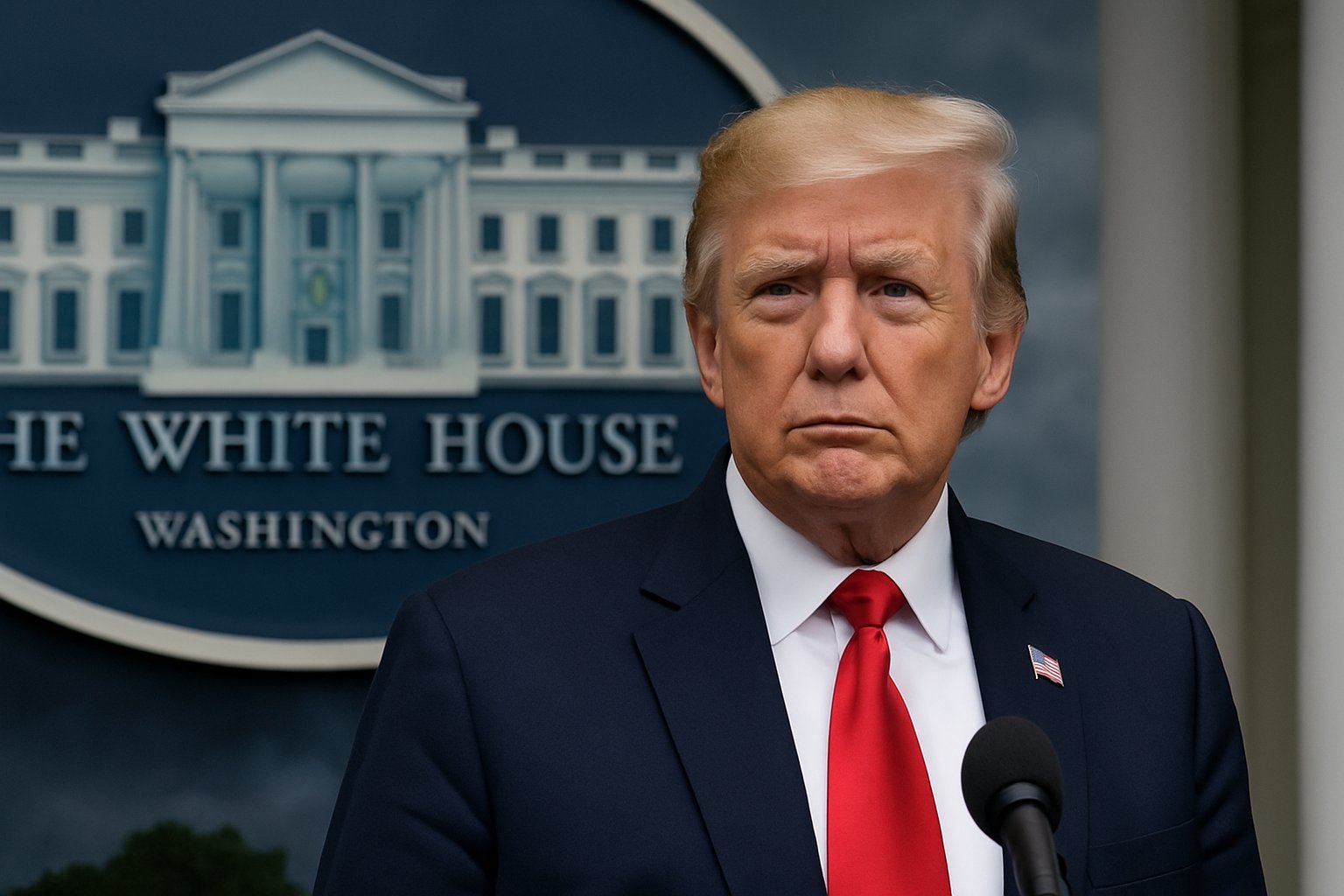Trump Ukraine troops refusal has sent shockwaves through international politics. In declaring that he would never send U.S. soldiers to Ukraine, even as part of a peace enforcement deal, Trump is either drawing a clear line of restraint—or leaving America’s allies vulnerable to aggression. I see it as another reckless gamble, dressed up as “peace.”
Context: The Announcement
Speaking in August 2025, Trump said bluntly: “No U.S. troops will ever go to Ukraine.” This position was framed as a guarantee of peace, a way to reassure Americans that he would not drag them into another foreign war.
Mainstream coverage presented it as a campaign promise fulfilled: Trump as the anti-war president, rejecting “forever wars.” His allies called it clarity, strength, and realism. His critics warned it signaled weakness to Moscow and abandonment of Kyiv.
Why This Matters
Foreign policy is not about soundbites. It is about commitments, deterrence, and credibility. By refusing even the possibility of troops, Trump undercuts U.S. bargaining power. Negotiators without leverage end up with empty guarantees.
The danger is clear: Putin hears this as permission. If Washington says “never,” then Moscow calculates it can escalate without fearing American boots on the ground. That weakens NATO’s deterrence, making Eastern Europe less secure.
Analytical Breakdown: Realism or Retreat?
From a realist perspective, Trump is simply reflecting what many Americans feel: exhaustion with foreign wars. Iraq, Afghanistan, Syria—public trust in intervention is gone. Polls show overwhelming opposition to new troop deployments.
But geopolitics is not a popularity contest. Leadership sometimes means making unpopular decisions. History shows us that America’s reluctance to act militarily in the 1930s emboldened aggressors. The refusal to prepare troops for Ukraine echoes that same mistake.
Moreover, Trump presents this as “peace,” but peace without deterrence is surrender. Russia does not fear sanctions. It fears credible force. Remove that option, and you invite aggression.
The Human Perspective: Ukrainians Pay the Price
For Ukrainians, this is not abstract geopolitics. It is survival. Cities bombed. Families displaced. Soldiers dying daily. When Trump says “no U.S. troops,” he is effectively saying “you’re on your own.”
The promise of “peace” means little to those facing tanks and missiles. Without credible Western commitment, Ukrainians shoulder the full weight of defense while America congratulates itself on staying out of war.
Counterarguments and Rebuttals
Some argue this is wisdom. That avoiding troop commitments prevents escalation into World War III. But deterrence does not require deployment—it requires possibility. By ruling it out, Trump removes the very threat that kept the Cold War from turning hot.
Others insist Europe should handle its own defense. Fair enough—but Europe’s militaries are still fragmented, underfunded, and dependent on American logistics. To suddenly shift responsibility without transition is strategic negligence.
Broader Implications for NATO
This statement does not exist in isolation. It comes amid whispers that Trump would pull back U.S. commitment to NATO itself. Allies in Poland, the Baltics, and Germany now question whether Article 5 guarantees mean anything.
If America signals it will not fight for Ukraine today, what happens if Russia tests NATO tomorrow? Bluffing only works if your opponent believes you might act. Trump just told the world he never will.
Conclusion: My Judgment
Trump Ukraine troops refusal is not peace. It is retreat branded as restraint. By removing the possibility of U.S. troops, Trump strips Washington of leverage, emboldens adversaries, and undermines allies.
This is not the diplomacy of strength. It is the diplomacy of surrender. America can choose to avoid wars, but it must never broadcast that choice to its enemies. Trump has done just that—and the consequences will be measured not in applause at home, but in blood abroad.
External links:
117 views